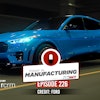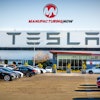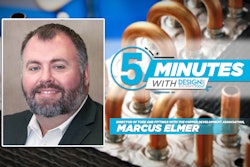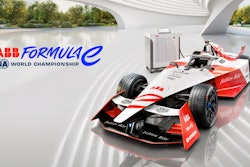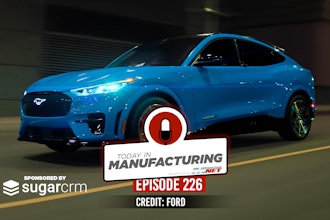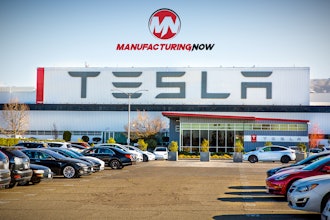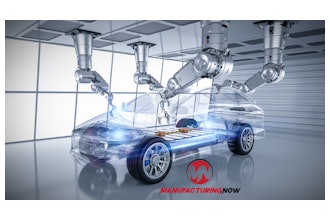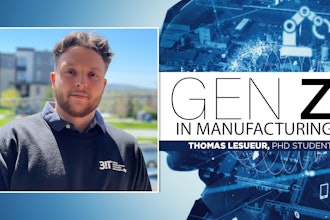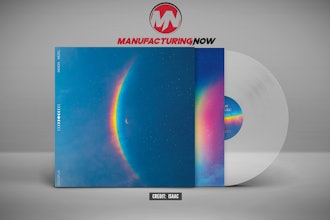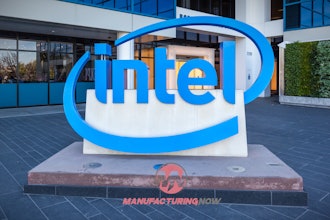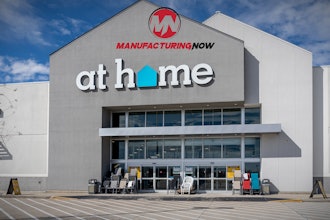Virgin Hyperloop tested human travel in a hyperloop pod for the first time Sunday.
Virgin Hyperloop co-founder and Chief Technology Officer Josh Giegel and Sara Luchian, director of passenger experience, became the first people in the world to ride in Hyperloop's newly-unveiled XP-2 vehicle, also known as the Pegasus pod.
The XP-2 is a custom-built pod designed for occupant safety and comfort. While the production vehicle will seat up to 28 passengers, the test vehicle is a 2-seater.
Design firms BIG — Bjarke Ingels Group — and Kilo Design collaborated on the XP-2’s design.
During the test, the pod only reached 100 mph. While it plans to one day travel up to 600 mph, the company says its 500-meter DevLoop test track in Las Vegas is too short to reach top speeds.
The XP-2 demonstrator includes many of the safety-critical systems that will be found on a commercial hyperloop system. For example, it’s equipped with a state-of-the-art control system that can detect off-nominal states and rapidly trigger emergency responses.
Virgin Hyperloop is closing out 2020 with a bang. Just last month, the company named West Virginia as the location for the Hyperloop Certification Center. The HCC will be a six-mile, $500 million test facility, although, according to CNN, the company is still trying to raise funds for the endeavor.
While the company hopes to see a hyperloop by the end of the decade, the test this weekend caused Giegel to reflect on the company's start six years ago in a garage. He wanted to “transform the way people move” — this weekend took a giant leap toward that ultimate dream.


